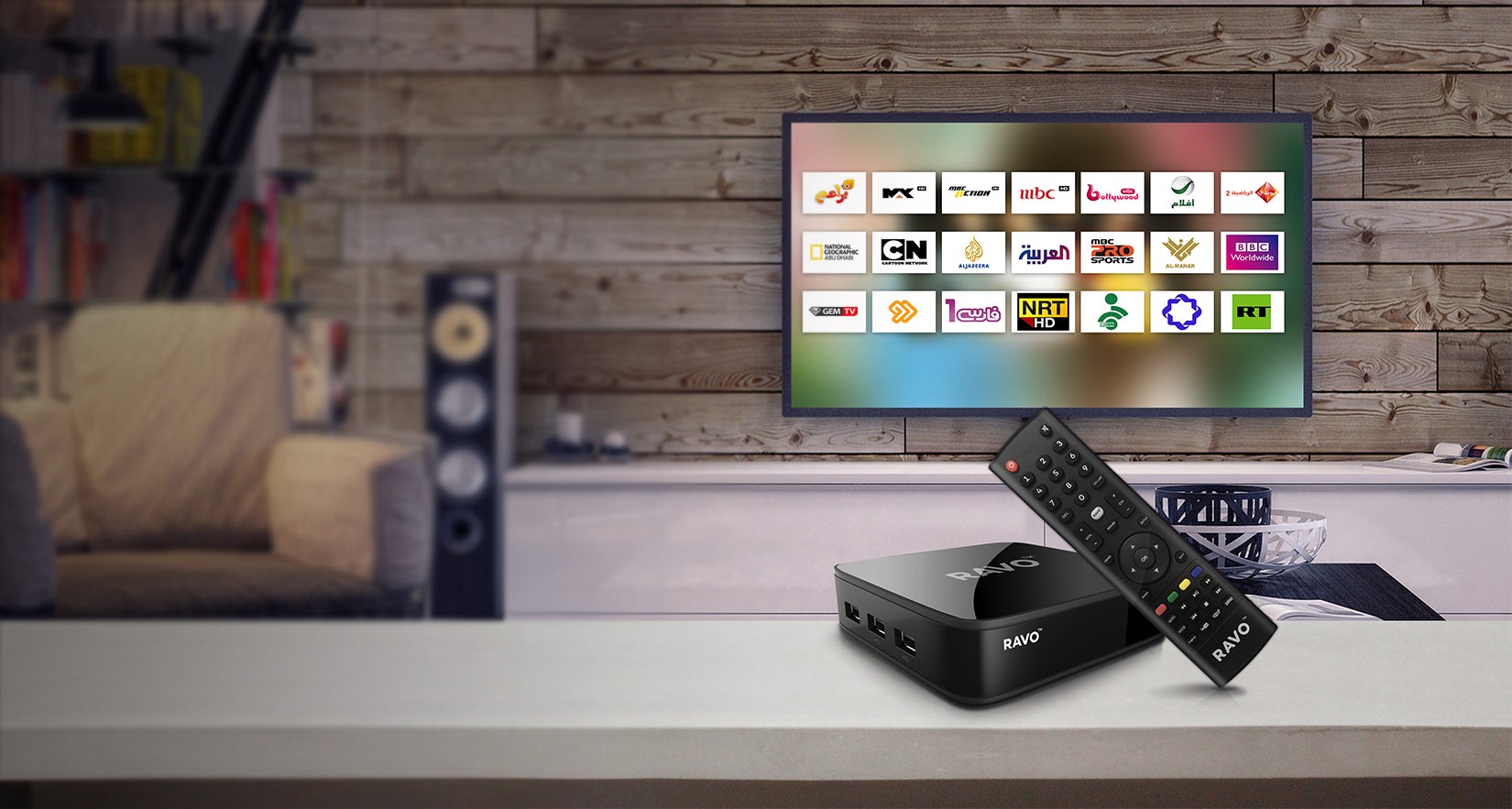
IPTV streaming refers to the delivery of television content over Internet Protocol networks. Unlike the traditional terrestrial, satellite, and cable television formats, this channel offers the client media player to stream the source media continuously. In simple words, it is a technology that uses the internet to send television programming straight to one’s TV. All one needs is a stable broadband internet connection, and one is good to go. Connect one’s receiver with the IPTV internet from the house and to the one’s TV, sit back, and enjoy the thousands of channels one can access. Even though it uses internet protocol, it doesn’t mean that it is limited to the television streamed from the internet.
It is widely used in the subscriber-based communications networks that use high-speed access channels into end-user premises through the set-top boxes. It is used for media delivery around corporate and private networks. In the telecommunications arena, IPTV streaming is well-known for the ongoing standardization process.
How is it different from the traditional and satellite IPTV programs?
The traditional satellite dish requires the customer to install the dish on their whereabouts. IPTV offers a solution for customers who cannot access satellite programming for several reasons, such as living in an apartment that makes accessing satellite difficult or living in a remote place.
What does one need to access IPTV streaming?
To install and access IPTV, one needs a high-speed internet connection of at least 4 Mbps and a smart TV and a setup box to translate the format received over the internet into a format that the smart TV can understand. However, if one uses one’s computer, then such a device is not needed. Sign up for the service and stream for the IPTV format one signed up for. If one is unsure about the internet speed, then check it online. Several websites allow one to test their internet speed for free.
Hybrid TV: Several TV providers are now using hybrid TV to solve the issues associated with the fully IP-enables broadcasts when it comes to IPTV. It requires a lot of bandwidth to transmit a ton of data at high speed. The hybrid IPTV combines traditional TV services with IP-based ones. The biggest advantage is that it is delivered through a single box, allowing the TV providers to expand their offerings to their subscribers.
Formats of IPTV streaming service
Video-on-demand: One gets the video whenever one wants it, such as the movie-streaming websites. There is no time limit on what one can watch nor on the number of times one can watch the content. One has to inform eh service provider, and the content is sent through the internet. The best examples are Netflix, Hulu, etc.
Time-shifted media: Several broadcast networks oscillate between VOD and time-shifted media. The content comes with a limited time shelf. Therefore, one cannot go back and forth, watch the content, and watch it whenever one wants to.





